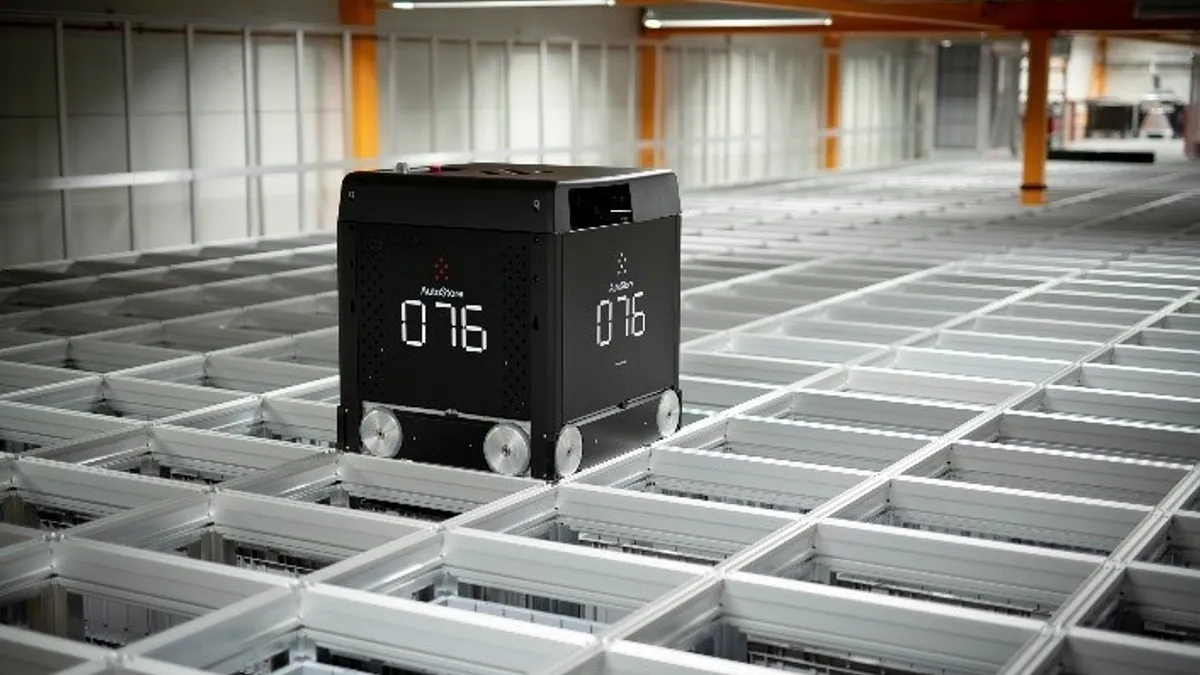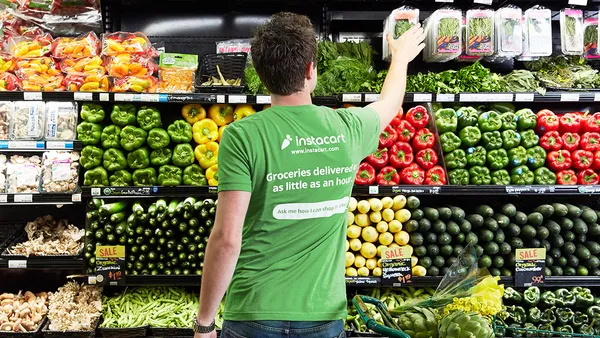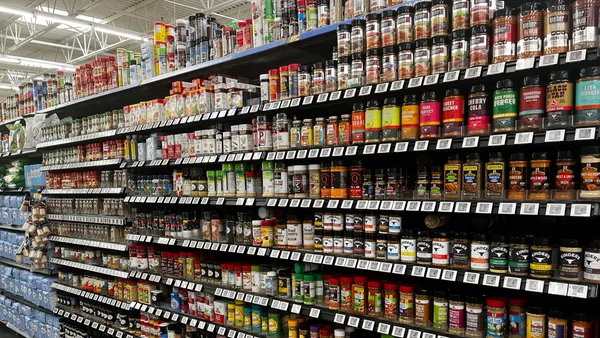Dive Brief:
- AutoStore has established a testing center designed to replicate a range of environmental conditions found in stores and warehouses in order to speed the deployment of automated fulfillment technology for retailers, the Norweigian robotics company announced in a press release Wednesday.
- The facility, in Karmøy, Norway, allows the company to determine how its robots will function in hot and cold situations, measure changes in oxygen levels caused when products are stacked inside storage systems, and subject equipment to simulated earthquakes.
- AutoStore’s facility gives it an added tool as it develops and markets systems aimed at helping retailers fill e-commerce orders efficiently.
Dive Insight:
AutoStore plans to use its newly completed Innovation Center to measure the impact of a variety of real-world conditions on its technology before installing it in actual retail stores or storage locations. This will enable it to tailor automation solutions for its clients more quickly, according to Wednesday's announcement.
The robotics company says it needs the flexibility because it sees the automated micro-fullment technology as key to enabling retailers to meet demand from customers who are likely to turn elsewhere if they cannot get their purchase swiftly.
“Within the robotic technology industry, we do not have time to let the processes drag on,” AutoStore CEO Karl Johan Lier said in a statement. “As a technology company, we must identify needs, and together with our partners and customers develop good solutions that can work immediately. We live in a time of exponential development in most areas, and then we must be able to develop solutions that are not outdated when they are used.”
AutoStore has been making inroads with grocers looking to use automation technology as a means of responding to strong shopper demand for pickup and delivery services. In February, Peapod Digital Labs and The Giant Company, both divisions of Ahold Delhaize, announced that they plan to pilot technology from AutoStore in a new e-commerce fulfillment center in Philadelphia. Swiss warehouse automation company Swisslog is also part of that project.
In September, H-E-B said it would work with Swisslog to develop automated MFCs based on robotic technology supplied by AutoStore.
AutoStore is looking to highlight the advantages of automated micro-fullment for food retailers as it jockeys for position with other robotics firms, including Ocado, the U.K.-based grocery-automation company that has made a name for itself by designing large-scale warehouses intended to serve entire regions. Ocado is working with Kroger to develop a network of these robotic facilities across the United States, the first of which fulfilled its first order earlier this month in Ohio.
Beyond competing over their approaches to grocery fulfillment, AutoStore and Ocado have also been embroiled in a legal struggle over the Norwegian firm’s claim that its British rival infringed on its patents.













